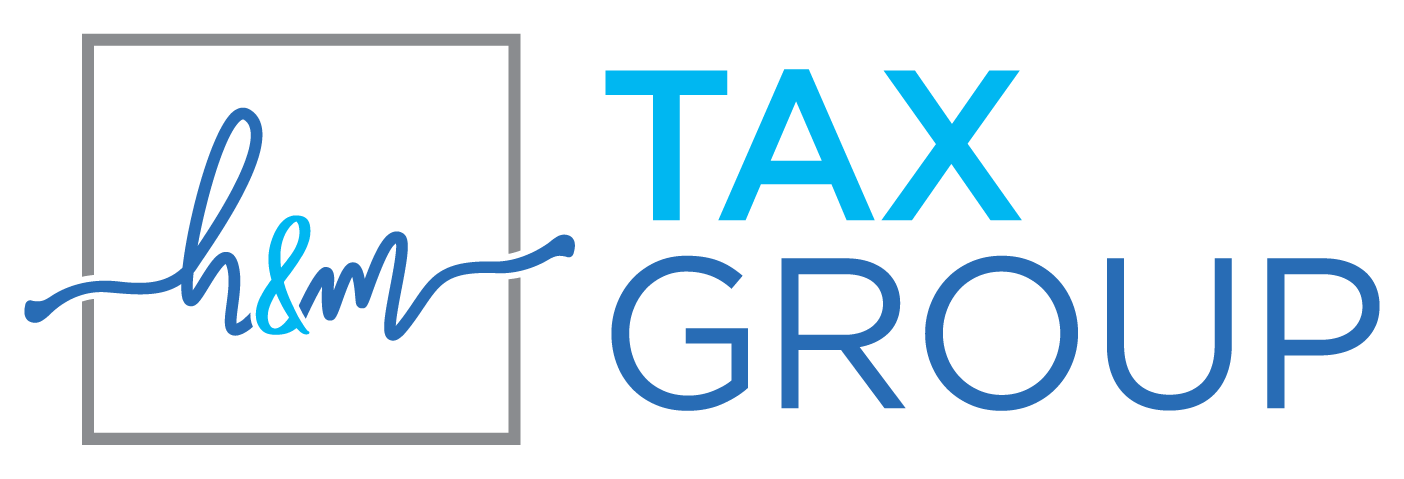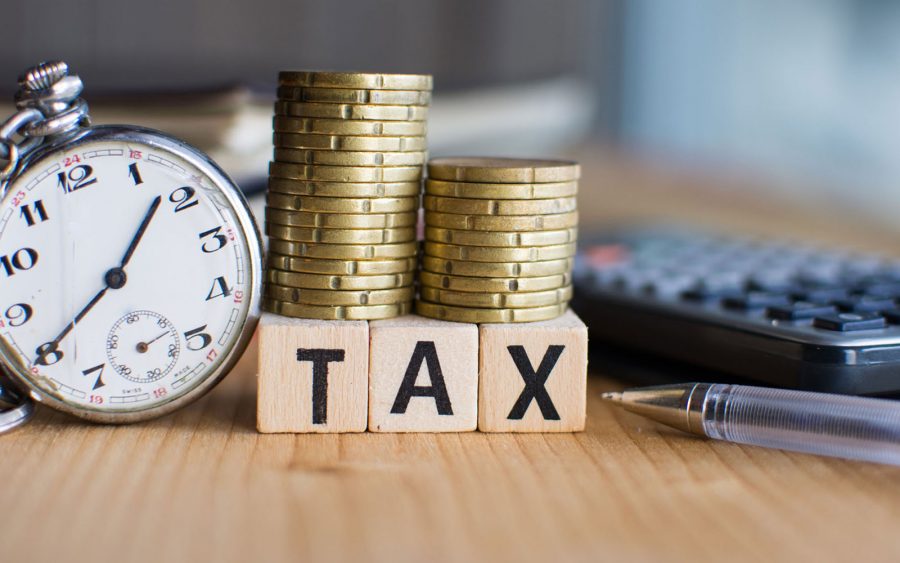Paying pay to those who lack or have inadequate bank accounts is a significant obstacle for companies. Since their bank accounts are either dormant or nonexistent, direct debit, paychecks, and demand drafts are obviously inappropriate methods. Even if paying with cash seems simpler, it takes a lot of work to calculate, withdraw, distribute, and keep records.
Usually, businesses affiliate themselves with tax and payroll services like payroll services in Dallas, TX. Companies all around the world struggle with the obligation to securely and on time pay their underbanked staff. To maximize wage distribution and provide safe and easy payouts, they make use of digital payroll cards.
What is a Payroll Card?
Each payday, companies can utilize a payroll card, which is a prepaid card, to pay an employee’s earnings or compensation. Paper checks and direct deposit are alternatives to reloadable payroll cards. Workers may use these cards anyplace electronic payment cards are accepted since payment processors like Visa and Mastercard support them.
Payroll cards are pre-paid cards that employers set up to cover their workers’ salaries. An employer decides for its workers to get payroll cards from a bank or other financial institution unless they affiliate themselves with payroll services. Payroll is placed straight onto the payroll card for the employee rather than being paid by paper cheque or directly transferred into the employee’s bank account.
What are the Benefits of Payroll Cards?
Employers can provide payroll cards as a service to workers without bank accounts or as a substitute for direct deposit. They are available to employers who recruit seasonal or temporary labor. Payroll cards are comparable to prepaid debit cards, and employees can enroll in them with the assistance of their company’s human resources or payroll department. Most payroll card service providers, such as Visa or Mastercard, offer cash advance services, emergency card replacement, and customer support help for lost or stolen cards. Additionally, service providers could provide advantages like:
- Making purchases at a point of sale or online
- Making use of payment “apps”
- Using Samsung Pay and Apple Pay to send money to loved ones.
- Keeping tabs on purchases and deposits
- Configuring notifications for balances
What are the Drawbacks of Payroll Cards?
Like everything else that comes with benefits, there are also some drawbacks. The employees must be aware of payroll cards pros and cons. Some of the drawbacks are as follows:
- The majority of cards include monthly maintenance costs in addition to possible extra charges for specific transactions such as checking balances, withdrawing cash from ATMs, and similar activities.
- The second significant drawback might occur in the event of a card “freeze.” Some service providers temporarily place a card on hold or “freeze” it for a few days or perhaps even weeks. Until the suspension is lifted, employees without bank accounts won’t be able to make any payments.
- Additionally, the employee won’t be able to access the cash until a new card is issued if the card is lost or stolen.
Are Payroll Cards Suitable for Business Needs?
Employees may build a solid daily financial system that suits their individual lives with the help of payroll cards or best payroll service in Dallas Tx. Payroll cards are actively preferred by customers globally above other payment methods, according to research. The capacity to regulate income by separating it from other finances, cross-functional capability, and seamless functionality are the reasons why most cardholders choose payroll cards over bank accounts.
Conclusion
Payroll cards are pre-paid cards that companies may use to pay their staff wages. H&M Tax Group allows people to understand the best services available in the market through an understanding of payroll cards that allow companies to pay workers who do not have bank accounts and offer replacement cards for lost or stolen cards, as well as customer service perks. Payroll cards also let users send money to friends and family, purchase online, and pay bills, all in accordance with the increasing trend of digital payments.


